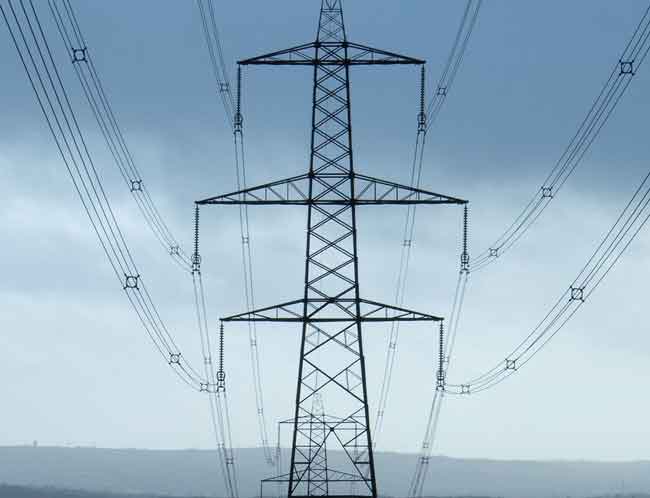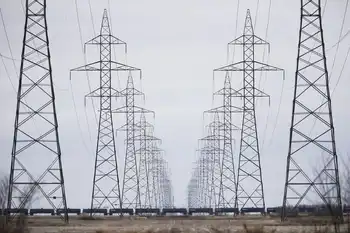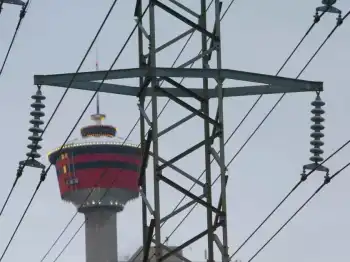TTC rolls out hybrid buses
By Toronto Star
NFPA 70e Training - Arc Flash
Our customized live online or in‑person group training can be delivered to your staff at your location.

- Live Online
- 6 hours Instructor-led
- Group Training Available
Although BC Transit, Edmonton and Ottawa have committed for some units, the TTC believes it's the first transit company in Canada undertaking to create hybrids in its fleet. As the second-generation hybrids reach the streets, the TTC will retire its aging GM diesel buses. They are now up to 25 years old; a special maintenance program has kept them rolling well beyond the usual 15-year lifespan.
Cost: $734,000 for a hybrid, compared with $500,000 for diesel buses.
Specs: 12 metres long; 2.6 metres wide; 3.4 metres high; 15,000 kg. Weight
Environmental benefits:
37% less greenhouse gas emissions
30-50% less emissions of harmful particulates
30-50% less nitrous oxide emissions
40 tonnes less carbon dioxide output, per bus each year
3-5 decibel reduction in noise levels
20-30% less fuel use (TTC now buys 75 million litres annually)
Where to ride: More than 100 are already on duty, mostly running out of the TTC's Arrow Rd. garage, west of Highway 400 and south of Finch Ave.
What's different: They look a lot like their first-generation cousins. But the manufacturer, Daimler-owned Orion Bus, has redesigned the hybrid mounting on the bus roof for a sleeker look.
All hybrids are low-floor, which means riders board at curb height. A ramp is still needed to provide wheelchair access at curbside. Hybrids come with air conditioning and bike racks. Their interior features peripheral seating; there are fewer seats at the back, but riders have an easier time reaching the back to stand there.
Seating and capacity: The buses have 36 seats, with a "crushload" capacity of 53 people.
GO's bus fleet takes high road
GO Transit has ordered 22 double-deckers from Alexander Dennis Ltd. in Edinburgh, Scotland. The city of Ottawa has committed to buying three and might order as many as 100 more.
When:
GO will receive 12 buses this year, including four next month. They'll go into service in April. The GO board recently exercised its option to buy 10 more double-deckers, to be delivered next year.
Efficiencies:
GO would need 17 regular coaches to seat the same number of riders as 12 double-deckers. The bigger buses mean GO needs fewer drivers and spends less on Highway 407 tolls. "On a per-seat basis, this bus is cost-effective," said Allan Robinson, GO's director of equipment development.
Cost:
$10.8 million for the first 12; a more pricey $9.7 million for the second order of 10
Specs:
13 metres long; 2.5 metres wide and 4.3 metres high; will be equipped with bike racks eventually.
Where:
Will travel Highways 403 and 407 on routes from Oakville to Unionville. York University will be their main hub, with stops at Square One and Bramalea. Double-deckers are limited to select routes because they're too tall to fit through many city underpasses. GO's 407 Express service is the fastest growing segment of its ridership, increasing 13 per cent last year while carrying nearly 2.4 million riders.
Seating:
78 seats, 46 on the upper deck, 32 on the lower level, compared with 57 seats in a GO regular coach.











